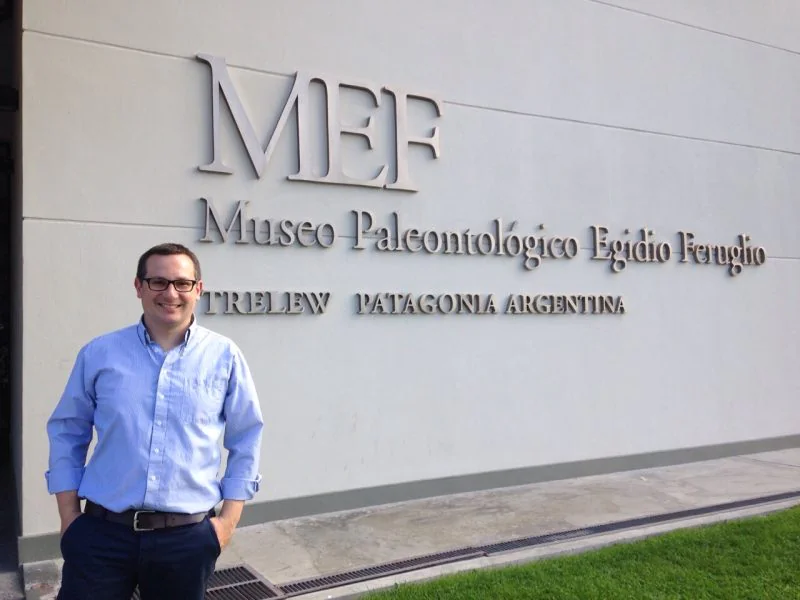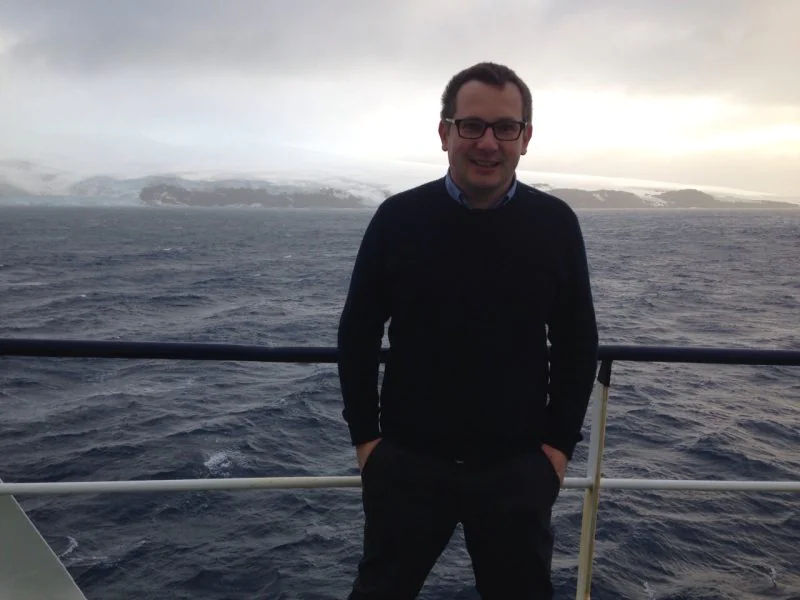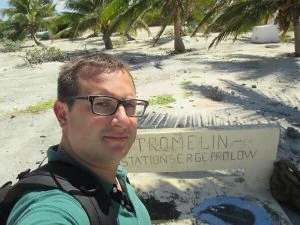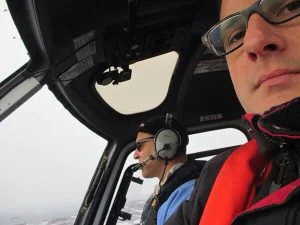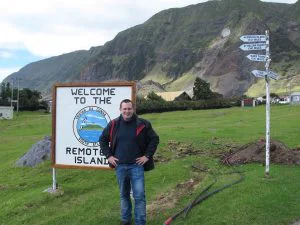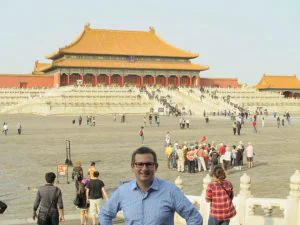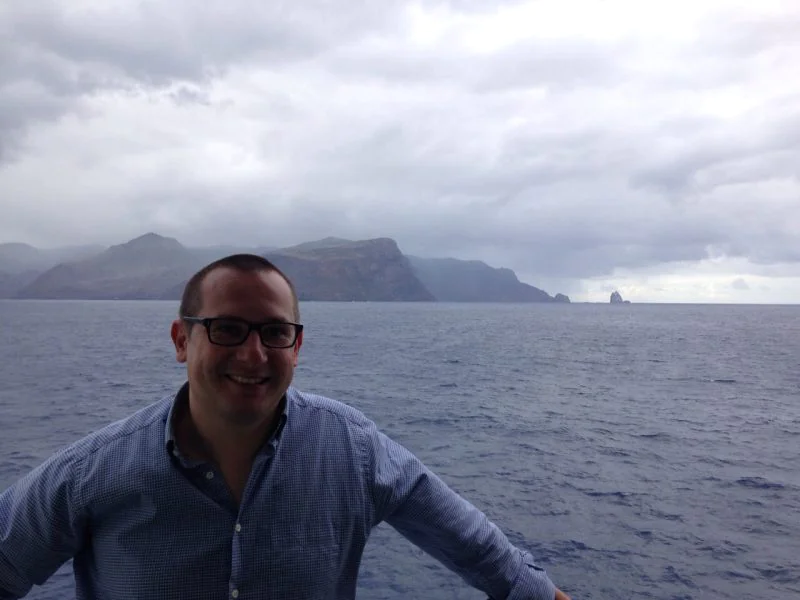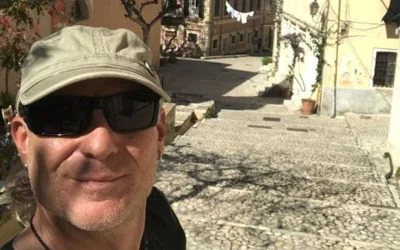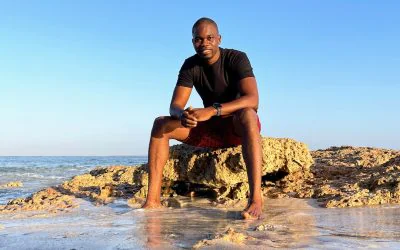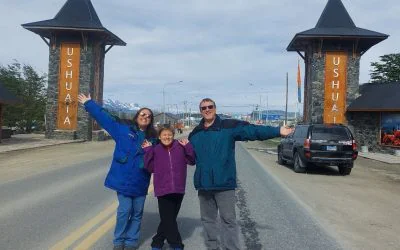Q: Luca, tell us something about yourself.
I am researcher in economic history, I have written eight books, two of which have been translated into Russian. I was the first to discover certain Russian thinkers and bring their concepts to the west, the basic one is Nikita Giliarov-Platonov. He was a contemporary of Marx, one of the first Russian economists. Since I was very young, I have always collected old coins, which link very nicely with my professional interest in economic history. I have a diploma in numismatics from the American numismatic association and frequently go to conventions to find rare old coins.
Q: How does your interest in coins link to your travels?
Whenever I travel, I am always looking for a coin shop or a coin market or an auction house and like to meet people who are interested in numismatics. Unfortunately, every country has its own particular market, it is not international, they focus only on their own old coins. But I am international, and so one of my reasons for travelling is to uncover more numismatics knowledge and expand my collection.
Q: So, what is your main motivation for travelling? Will you always be a traveller?
To learn about places so I can discover more of the world and then stop travelling in the future, maybe I will open a coin shop! For me travelling is like a very long, extended college education. I don’t think I will be travelling this intensely in the future – both moneywise and jobwise, I have other aims, so once I complete my list of quirky destinations, I think I will be more settled. I am especially interested in certain quirky places with a historical meaning, and mainly travel to explore them. This includes enclaves, exclaves, extra-territorial tombs, obscure islands or disputed borders.
Q: Such as?
An example is the only condominium in the world, which is French for 6 months of the year and Spanish for 6 months. This is the island called Isla de los Faisanes on the River Bidasoa between the two countries.
Q: What is your favourite means of travel?
I love travelling by boat because I can move around, and have lots of space especially on large cruise ships. The boat allows me to read, the activity I most enjoy, while relaxing. I would say that I have spent more than a year on a ship in my 33 years and taken more than 10 long trips. Sometimes I may get a little seasick but in general I’m ok.
Q: Can you tell us about a travel experience that was particularly memorable?
I have some friends in the French government and thanks to them I got the permit to visit the Iles Eparses which are French islands around Madagascar; I visited 3 bases where the army, the navy and the foreign legion are present. From the supply ship, a helicopter takes you to land. This was memorable as they are among the hardest places to visit. I especially liked Tromelin island; I remember arriving early in the morning on a pristine island with just a meteorological station and lots of fascinating species of birds.
Q: What are some of your favourite places and why?
I especially like Argentina because of the light and the wonderfully pure air; for similar regions I love Alaska, which also appeals to me because it is so big and unpopulated. I also like Monaco because of its climate. And my home country, Italy, for its food of course – my favourite dish is coniglio con polenta (rabbit with polenta). I love Asian food, so all Asian culinary capitals are also on the list – definitely Taipei stands out. I also like opera so cities with opera houses are among my favourites – I have been to the opera in San Francisco, Chicago, Vienna, Paris. But, ultimately, I like quiet places like Jersey or Madeira – where I can think.
Q: What are some obstacles you face while travelling?
The cost is the biggest obstacle really; apart from that I can’t think of many other problems. In general I don’t really like overly hot countries nor overland trips.
Q: So, what are your travel plans for the summer?
Oh, just a simple trip to Lampedusa in the Mediterranean. I have never been there, and along with some friends we’ll just rent a place and be by the sea for a week or so.
Q: If you could invite four people to a fictional dinner, who would they be?
Friedrich Nietzsche, Sir Richard Francis Burton, Socrates and Dante Alighieri. These are very cultivated people and I think we would be able to talk about difficult issues, such as the reason we are here in the first place. I don’t have an answer to that, so I would ask them…
The photos in this article are from the private collection of Luca Zanni.
